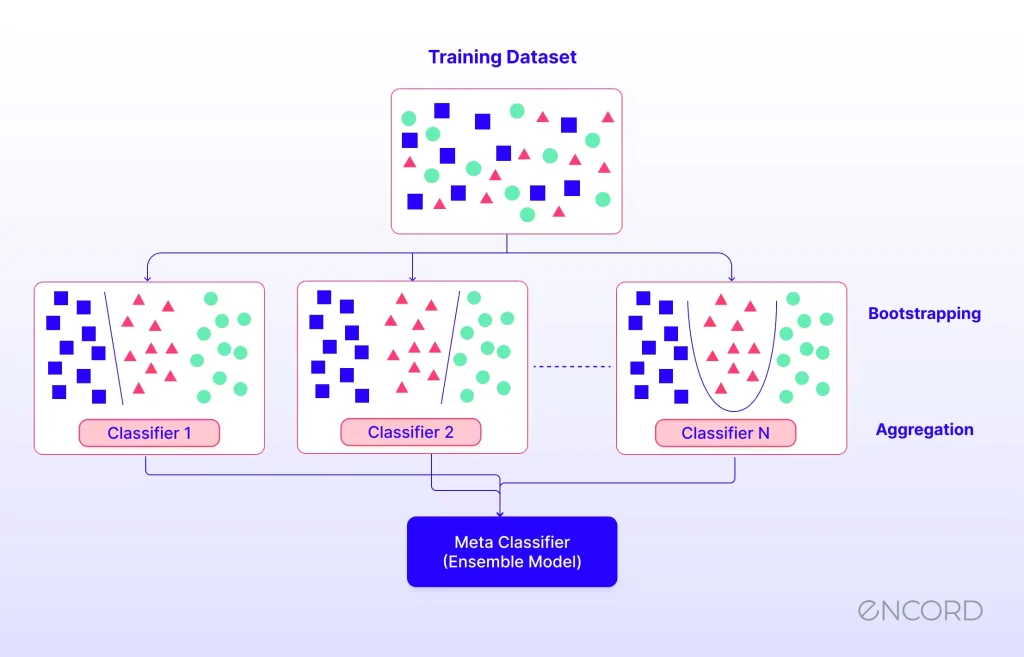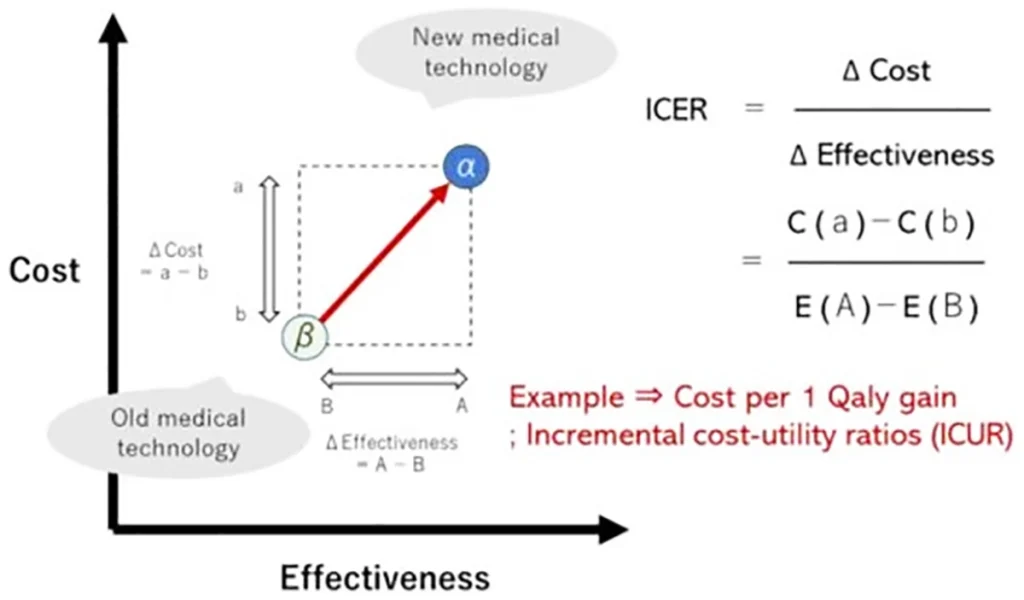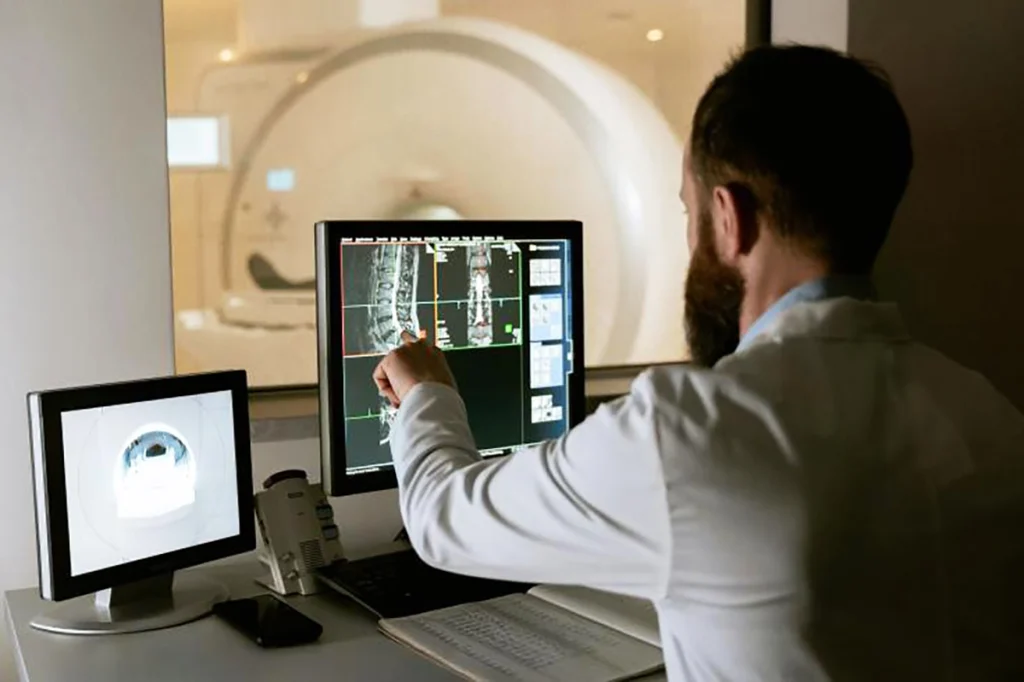Which of the following is unrelated to routine health screenings quizlet. Which of the following has nothing to do with regular check-ups? Medical care in an emergency has nothing to do with regular checkups. Checkups and diagnoses that are part of regular health checks.
Preventive care and tests to look at your future health. Attempts to find problems early on.
As takes care of immediate medical needs. Accidents, injuries, intense pain, or diseases that could kill you need medical help right away. An urgent care center or a hospital’s emergency room can give you immediate help.
In contrast to regular health screenings, which are basic care and preventative care. Intervention, urgent care, and acute care appointments have been made. Take care of situations that need to stabilize the patient.
To stop more damage, treatment needs to start right away. Medical care in an emergency and regular checkups are both healthy. Important aspects of care are useful in many ways.
Used in different situations so that people are close at hand. Get the right medical care for your long-term health needs. For more information visit the website The diet and weight loos.
Which of the following is unrelated to routine health screenings
Which of these has nothing to do with regular health checks? Talk about which of these things has nothing to do with getting regular checkups. Regular health checks to find out how healthy the person is. To find possible health problems before they show up as signs.
This word refers to regular medical checks and tests. Screenings are usually done to find problems early and help people who need it. Medical checkups and diagnostic tests are examples of preventative steps.
Importance of Preventive Health Care:

Preventive health care helps keep people healthy and away from chronic diseases. Getting rid of problems is a big part of what it does.
By figuring out the risk factors, action can be taken quickly. Health care for prevention Healthy habits and finding diseases early are important. focuses on acting quickly to stop or slow the development of disease.
Putting money into preventive health care does more than just make people healthier. It also lowers the costs of health care that come with addressing advanced diseases and problems.
To prioritize preventive health care steps that support long-term health and wellness, it is important to get regular health screenings.
Components of routine health screening:
Preventive Care Measures:
Health and well-being are maintained by preventive care. It has many steps that are meant to promote. Some of these are changes to your habits, like eating a healthy diet.
Getting enough sleep, working out regularly, and dealing with stress. Care to prevent immunizations against a number of diseases. Could include tests, like tests for cancer.
Checking for cholesterol and keeping an eye on blood pressure. Steps to take to find possible health risks early on. It is very important to use measures to stop diseases from starting or getting worse.
Medical Checkup and Examination:
As part of regular health checking, people get medical checkups and tests. A general look at your health with a doctor or nurse, usually at a visit.
Any complaints or worries were talked over, and a physical check was done. Health care experts take a medical background during the checkup.
Risk factors can be looked at and evaluated. Can give advice on how to stay healthy and get preventative care.
Diagnostic Tests for Early Detection:
With the goal to find possible health problems before they show up.
Blood tests, image studies, and risk factors for each person are all types of tests. Screening for certain diseases based on age may be part of this. Diagnostic tests that find problems early allow for quick action.
Better health benefits and a lower chance of complications happen when care is possible.
Follow-up Advice:
As an important part of regular health screenings, follow-up appointments are necessary. For doctors and nurses to look over test results, results. Talk about and make your own healing plans.
Allows the creation of methods for prevention. As part of counseling, you ask people questions and talk about their problems. Offers regular advice and help for managing health.Also, find out which of these has nothing to do with regular health checks.
Follow-up appointments make sure that care doesn’t stop. Health care professionals need to keep an eye on growth and. Allows changes to be made to the process. It helps people have the best health results.
Unrelated material:

Emergency treatment:
Emergency care is for people with dangerous and urgent medical problems.
Not like regular health checks that need immediate care. Mostly about preventive care. health by making appointments and getting medical tests.
Attempts to find problems early on. e care are listed below. Attack by the heart, stroke, major damage, or allergic response. Other situations that could kill you.
The emergency room of a hospital is usually the best place to get help right away. She worked at quick care centers. Ready to deal with serious emergency issues.
To fix the patient’s state with the help of medical professionals and what’s right.
Differences from routine screening:
Routine health screenings are meant to find and stop sickness before it happens. Appointments and medical tests can help you find health problems early on.
As soon as it became clear that help was needed. Takes care of treatment needs.
involves taking proactive steps to find possible health risks. Where the patient needs immediate care to get their situation under control. As a way to stop damage, acute care takes care of situations.
Importance of emergency treatment:
Meeting Immediate Medical Needs:
To meet urgent medical needs that are serious and could kill you. To get care for a disease quickly, emergency treatment is very important.
when you have a heart attack, stroke, major accident, or allergic reaction. In an emergency, getting medical help quickly can save lives.
Can mean the difference between death and easing symptoms and stopping things from getting worse.
Role in critical situations:
Getting emergency care is an important part of taking care of serious health problems. Time is very important and plays a part. In these situations, taking quick and firm action is better for the patient.
can change and improve the chances of life and healing. emergency medical staff based on how bad the situation is. Trained to look at things and focus on care.
Advanced life support (ALS) and cardiopulmonary resuscitation (CPR). Offers help by doing things like giving emergency medicines when needed.
Access and availability considerations:
Making sure people can get emergency medical care is very important. It may be hard to get to healthcare centers, especially in rural areas. Emergency rooms and quick care centers are part of ambulance services.
It is very important to have access to emergency medical services. Must give care at the right time. Attempts to make it easier for people to get emergency medical care.
Adding more healthcare facilities and making emergency reaction systems better. Providing instruction on spotting and reacting to emergencies.
Finally,
Which of the following is unrelated to routine health screenings. Which of these has nothing to do with getting regular checkups? An important part of preventive health care is regular health screenings.
It’s the goal to find health problems early on. Encourage health. By getting medical tests, checkups, and diagnostic tests on a daily basis.
Can take steps to keep their health up and stop it from getting worse. Can take care of any underlying health problems.
Recognition of the distinct role of emergency medicine:
Regular health checks for early diagnosis and preventative care. Emergency care focuses on treating people who are hurt right away. To deal with and take care of serious illnesses that could kill you.
is very important. Emergency medical staff to help people get stable.
Emphasis on Comprehensive Health Care System:
Every part of the healthcare system works together to provide routine checkups and emergency care. Both talk about how important it is to get preventive care. Sees the need for quick emergency help.
proactive and quick to respond to emergencies. Improving health results by linking processes together. can make sure they get the right care throughout their healthcare path.
Putting both parts of healthcare first is good for your health. Important for improving how well patients do.
FAQ :
Q: What tests are included in the health screening?
A: A health screening normally includes a number of tests and checks to look for possible health problems before they show any signs. Very early discovery. Some of these are physical exams, lab tests, and imaging scans. Risk ratings may be one of the factors. Which of these has nothing to do with regular health checks?
A lot of health screenings, like body mass index (BMI) and exams, check blood pressure. Pap smears and colonoscopies are two types of cancer tests.
Q: What are the 3 types of screening?
A: The three primary types of screening are:
Primary prevention screening:
Screenings are meant to find risk factors so that people can make changes to their lives. Keeping people from getting sick by encouraging them to take precautions.
Getting vaccinated and eating well are two examples. Counseling for exercise and programs to help people quit smoking.
Secondary Prevention Screenings:
Diseases are found early on in secondary prevention screening. One example is a scan to check for breast cancer. for cervical cancer with a Pap smear. A colonoscopy to look for intestinal cancer.
Tertiary Prevention Screenings:
Tertiary prevention screening to keep problems from happening and. aims to help people who already have health problems control their illness.
One example is checking diabetics’ blood sugar on a daily basis. People who have heart problems can go to cardiac rehabilitation classes.
Q: Which of the following is a risk of skipping health screening?
A: There are several risks that come with skipping health checkups. This includes missing chances to find problems early and help them. Delay in detection and worsening of the disease.
With poorer health outcomes. Regular health screenings are essential to maintaining optimal health and wellness. Providing valuable insight into health status. Timely intervention can prevent or manage the disease.

